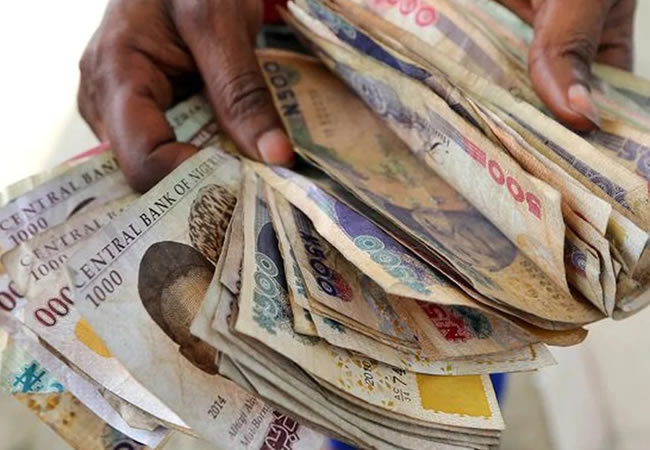Money market rates fell Monday as liquidity in the financial sector strengthened ahead of bond auction debits. The lack of large inflows into the financial markets has kept rates high.
Furthermore, the market has been saturated with primary market auctions as part of measures to control liquidity expansion in Nigeria’s economy and markets. To satisfy their funding needs, local deposit money banks have used monies from the Central Bank of Nigeria’s (CBN) standing lending facility. Cash-rich banks have always taken advantage of rate adjustments through placement in standing deposit facilities.
On Monday, the Nigerian interbank offered rate (NIBOR) showed mixed movements across all maturities, according to Cowry Asset Limited. Analysts said 3-month and 6-month tenors increased by 0.09% and 0.33%, closing at 29.42% and 30.25%, respectively.
However, the 1-month tenor declined by 0.17% to settle at 28.62%, while the overnight NIBOR remained unchanged.
Key money market rates, such as the Open Repo Rate (OPR) and Overnight Lending Rate (O/N), also declined by 0.08% and 0.06%, closing at 32.25% and 32.50%, respectively.
Liquidity in the banking system showed slight improvement at the beginning of the week, although it remains in negative territory, AIICO Capital Limited said in a note.
While there was gradual improvement in interbank rates, analysts maintained that the market condition would remain tight due to outflow relating to FGN bond auction.













